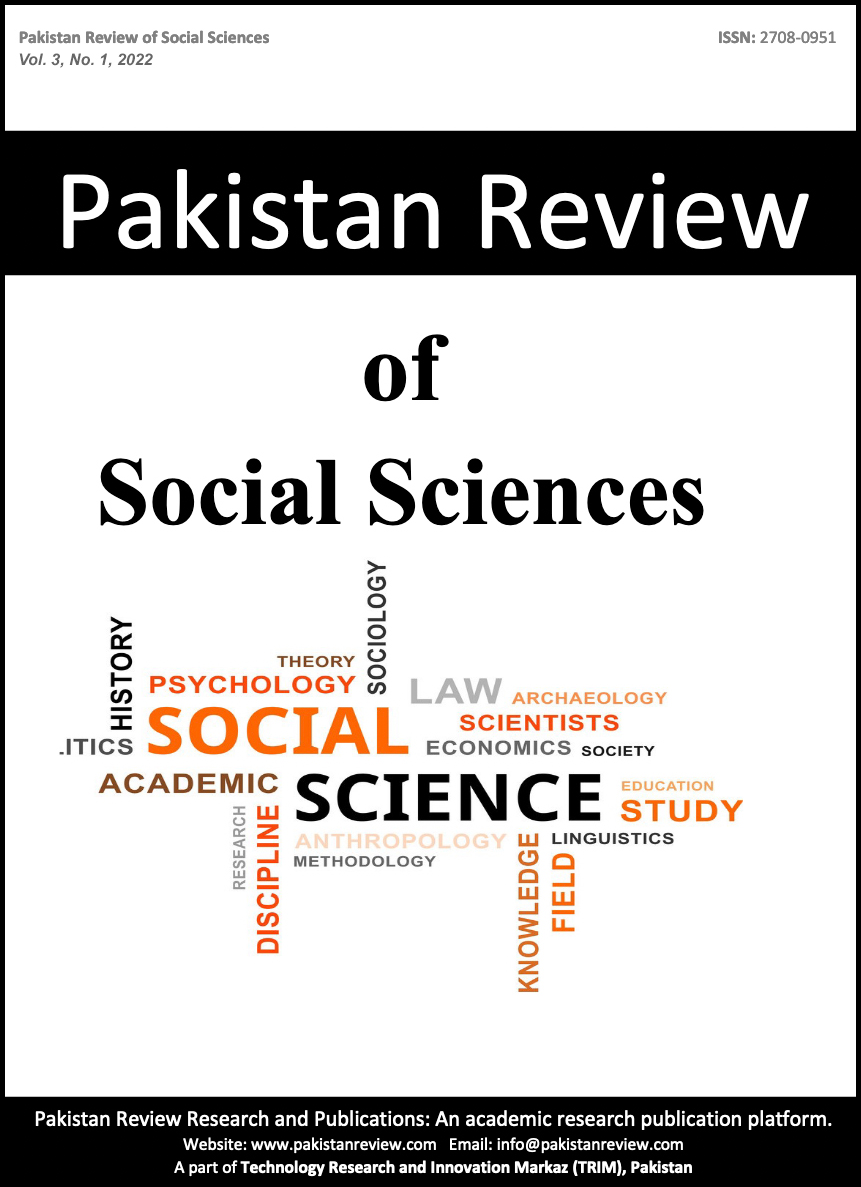Editorial Cartoons and Current Political Situation: A Content Analysis of Cartoons
Keywords:
Keywords: Dawn, The News International, editorial cartoons, political scenario, Pakistan.Abstract
Media, especially visual media, can strongly influence society's perceptions, opinions, and views. Editorial cartoons, a notable aspect of newspapers and magazines, not only reflect changes in public opinions but also the discourse surrounding a particular issue. This study evaluated the current political scenario of Pakistan by analyzing daily cartoons published by Dawn and The News International. This study employed a qualitative research approach and the content analysis as a research design. The researcher gathered and analyzed more than 200 editorial cartoons from both dailies. The researcher segmented the cartoons based on the issues they portrayed and found that both dailies lacked sufficient focus on contemporary societal issues, focusing primarily on political parties or the nation's economic situation. The study offered appropriate recommendations for both cartoon creators and readers. This research concludes that The News International depicts the effects of the nation's political landscape on the public, intra-party relations, and constructing a figurehead for blame. In contrast, Dawn's criticisms and depictions align with the dominant social zeitgeist. Both dailies lack in their portrayal of social issues and subject matter outside of political figureheads.
Downloads
Published
Issue
Section
License
Copyright (c) 2023 Sana Maryum

This work is licensed under a Creative Commons Attribution 4.0 International License.
Submission declaration
Authors retain the copyright to their work and grant the Pakistan Review of Social Sciences (PRSS) the right of first publication under a Creative Commons Attribution 4.0 International (CC BY 4.0) license. This license allows others to share, adapt, and reuse the work for any purpose, including commercial use, as long as appropriate credit is given to the original authors and the journal.
By submitting a manuscript, authors confirm that the work has not been published previously (except as an abstract, lecture, or academic thesis), is not under review elsewhere, and has been approved by all authors and relevant authorities. Once accepted, the article will be openly accessible under the CC BY 4.0 license, ensuring wide dissemination and reuse with proper attribution.






